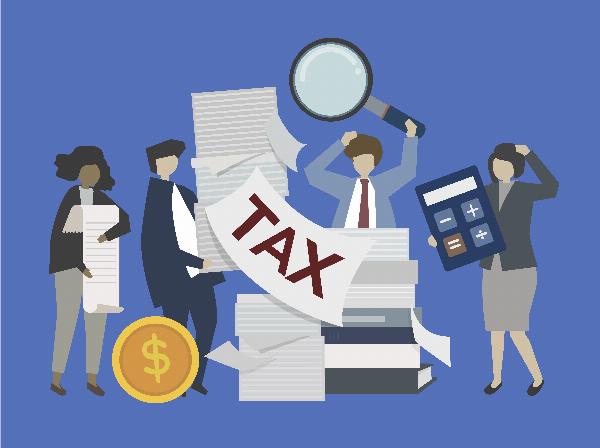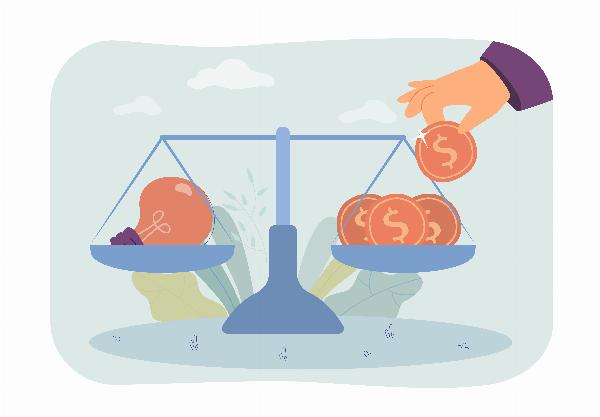Step-by-Step Guide to Producing and Using Accurate Income Verification Documentation

Income verification documentation is crucial for various personal and professional transactions, from applying for loans to securing a rental property. These documents provide a detailed account of an individual's earnings and are used to establish financial credibility. Accurate and well-prepared income verification documentation can streamline processes, ensure compliance, and build stakeholder trust.
Understanding Income Verification Documentation
Income verification documentation typically includes pay stubs, tax returns, bank statements, and employment verification letters. These documents collectively present a comprehensive view of an individual's financial status, offering proof of steady income and financial stability.
Common Types of Income Verification Documents
- Pay Stubs are detailed statements provided by employers that outline an employee's earnings for a specific period, including gross pay, deductions, and net pay.
- Tax Returns are official documents filed annually that report income, expenses, and other pertinent financial information to the government.
- Bank Statements are records of transactions in a bank account over a specific period, reflecting deposits, withdrawals, and the account balance.
- Employment Verification Letters are official letters from an employer confirming an individual's job status, position, and salary.
Steps to Producing Accurate Income Verification Documentation
Producing accurate income verification documentation involves a systematic approach to gathering and organizing financial records. Here’s a step-by-step guide:
1. Gather Necessary Information
Begin by collecting all relevant financial documents. Ensure you have access to recent pay stubs, tax returns, and bank statements. If needed, request additional documentation from your employer, such as an employment verification letter or a salary certificate. This certificate is particularly useful in situations requiring an official declaration of earnings.
2. Ensure Document Accuracy
Verify that all documents are accurate and up-to-date. For pay stubs and employment verification letters, check that the salary details, job title, and employment dates are correctly stated. For tax returns, ensure they accurately reflect your reported income and are properly filed with the relevant tax authorities.
3. Organize and Compile Documents
Once all necessary documents are collected and verified, organize them logically. It’s advisable to start with the most recent documents and work backward. Clearly label each document and create a summary sheet outlining the key financial details, such as total income, deductions, and net income.
4. Create an Income Verification Package
Compile the organized documents into an income verification package. This package should include:
- A cover letter explaining the purpose of the documentation and a brief overview of the enclosed documents.
- Copies of pay stubs, tax returns, bank statements, and other relevant documents.
- An employment verification letter for salary certificate if requested or required.
Using Income Verification Documentation
Income verification documentation can be used in various scenarios. Knowing how to present and submit these documents is crucial for a successful outcome.
1. Applying for Loans and Mortgages
Lenders require proof of income to assess an applicant's ability to repay a loan. When applying for a loan or mortgage, submit the income verification package and the application. Ensure all documents are complete and accurate to avoid delays in the approval process.
2. Securing Rental Agreements
Landlords and property managers often request income verification to ensure potential tenants can afford the rent. In these cases, provide a complete income verification package that includes recent pay stubs and an employment verification letter for salary certificate. This documentation will help demonstrate financial stability and reliability as a tenant.
3. Employment and Professional Use
Employers may request income verification during hiring or for promotions and salary negotiations. In such situations, present an income verification package with an employment verification letter and relevant financial documents. This package can be a reliable record of your earnings and job history.
Tips for Maintaining Accurate Income Records
Maintaining accurate income records is essential for producing reliable income verification documentation. Here are some tips to ensure your records are always up-to-date and accurate:
- Regularly Update Records: Keep your income documents, such as pay stubs and bank statements, up-to-date. This practice ensures you have the most recent and accurate information readily available.
- Organize Documents: Store all financial documents in a secure and organized manner. Consider using digital tools to keep electronic copies of important documents, making them easy to access when needed.
- Verify Information: Periodically review your financial documents to ensure all information is accurate. Correct any discrepancies promptly to avoid potential issues during verification processes.
- Keep Copies: Always keep copies of submitted income verification packages. This practice allows you to have a record of what was provided and can be helpful if follow-up documentation is requested.
Legal and Compliance Considerations
When producing and using income verification documentation, it’s essential to be aware of legal and compliance considerations. Providing false or misleading information can lead to severe consequences, including legal action and financial penalties.
1. Honesty and Accuracy
Ensure that all information provided in the income verification documentation is honest and accurate. Misrepresenting or falsifying income can result in legal issues and damage to your credibility.
2. Privacy and Security
Protect the privacy and security of your financial information. Only share income verification documents with trusted parties, such as financial institutions, landlords, or employers. Use secure methods to transmit documents, such as encrypted emails or secure document-sharing platforms.
Conclusion
Accurate income verification documentation is vital to various financial and professional transactions. You can produce reliable and comprehensive income verification packages by following the steps outlined in this guide. These packages facilitate smoother processes and help build trust and credibility with stakeholders. Remember to maintain accurate records and be mindful of legal considerations to ensure the integrity of your income verification documentation.
Note: IndiBlogHub features both user-submitted and editorial content. We do not verify third-party contributions. Read our Disclaimer and Privacy Policyfor details.







